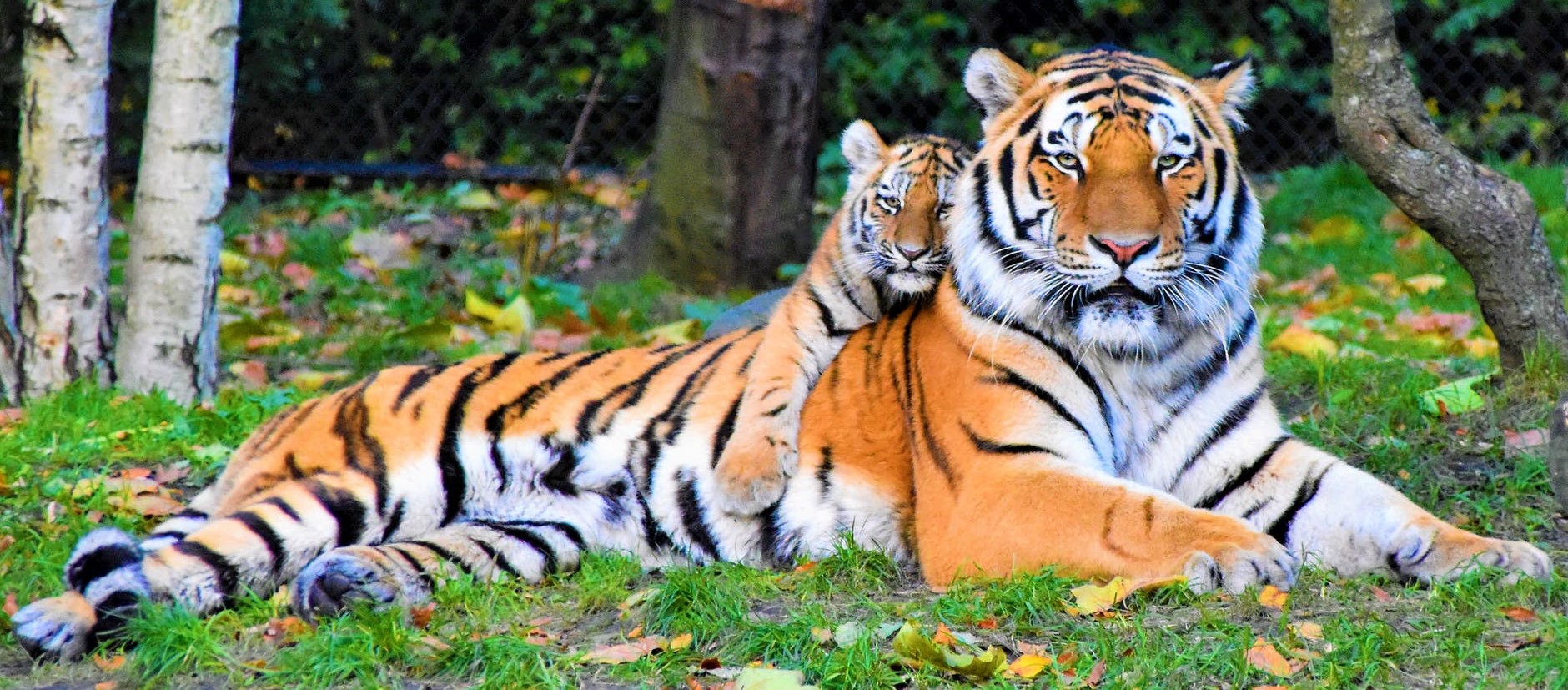The connection between human health & wildlife trade and consumption
September 20, 2020 - Liz Schondelmayer

Dr. Jessica Rizzolo (pictured left), a Sociology alumna and researcher in the Department of Fisheries and Wildlife, discusses the intersection of wildlife trade and consumption and human health, and how individuals and policies can make a difference.
Wildlife trade and consumption: what it is, and how it can be harmful
Wildlife trade and consumption includes the buying, selling, farming, trading, eating, drinking, cosmetic and medicinal use of wild animals, and has been a point of concern for ecologists, ethicists and health professionals for decades.
Outside of the ethical questions raised by wildlife trade and consumption, Dr. Rizzolo emphasizes that these practices can pose a significant safety risk - for humans. In the case of wet markets and similar wildlife trading centers, Dr. Rizzolo stresses how poor living conditions for wildlife can jeopardize consumer health.
“Put simply, anytime we keep animals in unhygienic conditions, there's more risk to us for disease,” says Dr. Rizzolo.
Prolonged and extensive contact with wildlife can also pose a threat to human health. Explains Dr. Rizzolo, “We have to look at all of the ways that people are interacting with wild animals that can lead to disease transmission, such as things like deforestation and environmental destruction.”
“When there's less of a buffer between human spaces and wildlife spaces, there's more risk of transmission,” she adds.
How policy can make a difference
Rizzolo, an expert on wildlife conservation and consumption, is currently analyzing the policy steps China has taken in response to the virus, including the banning of wildlife consumption for the sake of human health. However, there are still many exceptions and loopholes that allow trade and consumption to continue for “medicinal use.”
“This is extremely concerning, as wildlife products created for medicinal use are often unsafe and unethical,” explains Dr. Rizzolo. “My research has also found that when people found this type of consumption acceptable, they tended to respond more positively to all forms of consumption.”
Dr. Rizzolo explains that though China has made excellent strides in protecting some wildlife - such as protecting elephants with a sweeping ban on the production and trade of ivory products - she has doubts about the effectiveness of consumption ban. “On top of the medicinal loophole, there are many other questionable aspects, such as the longevity of the ban as well as how strictly it is actually enforced.”
Besides wet markets, wildlife trade and trafficking often takes the form of animal farms, tourism and bone trading - not to mention the eating, drinking and medicinal use of wildlife products.
“In China and other parts of the world, the sheer number of animals being eaten, hunted and farmed for medicinal use or food is not sustainable,” explains Dr. Rizzolo. “Many of these species are endangered, and the level of demand is higher than the number of animals left.”
What each of us can do
As an individual American, each of us holds some power to fight unsafe and unethical wildlife trade and trafficking - and according to Dr. Rizzolo, it starts with avoiding private zoos such as those featured on Tiger King.
“The wildlife trade between Asia, the U.S. and the rest of the world is extremely interconnected,” explains Dr. Rizzolo. “Wildlife tourism - such as private zoos, cub petting and selfie safaris - are closely linked with worldwide trafficking and consumption.”
She continues, “As individual consumers, we have the power to make the choice to not fund these circles and to instead interact with wildlife at accredited zoos and sanctuaries.”
Overall, Dr. Rizzolo is hoping that people realize the connection between wildlife populations and human populations - and take a smart, research-based approach to addressing the health and ethical issues posed by wildlife consumption.
Keep up with the latest COVID-19 updates and find MSU community resources here.


